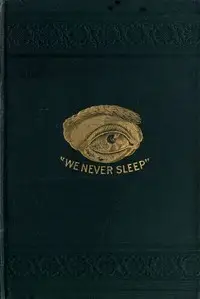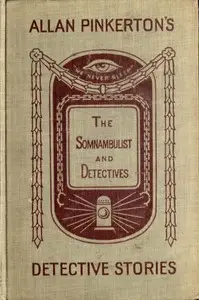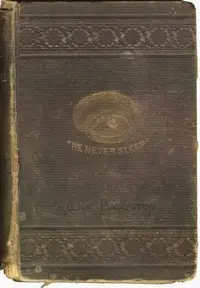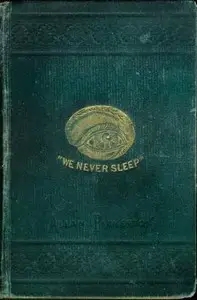"The Expressman and the Detective" by Allan Pinkerton is a 19th-century detective story based on real-life events from the author's career. It's a tale of suspense and mystery centered around Nathan Maroney, an express company agent accused of stealing money, and Allan Pinkerton, the detective determined to uncover the truth. Set in the booming city of Montgomery, Alabama, in the 1850s, the story begins with the disappearance of a large sum, leading to Maroney's arrest despite public sympathy. Pinkerton arrives to investigate, finding himself in a complex situation where he suspects Maroney but needs concrete proof of his involvement, setting the stage for a thrilling investigation into the agent's life and connections.
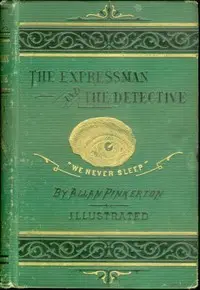
The Expressman and the Detective
By Allan Pinkerton
A dedicated detective must untangle a web of deceit surrounding a suspected embezzler to discover the location of the missing money and expose the actual culprit.
Summary
About the AuthorAllan Pinkerton was a Scottish-American cooper, abolitionist, detective, and spy, best known for creating the Pinkerton National Detective Agency in the United States and his claim to have foiled a plot in 1861 to assassinate president-elect Abraham Lincoln. During the Civil War, he provided the Union Army – specifically General George B. McClellan of the Army of the Potomac – with military intelligence, including extremely inaccurate enemy troop strength numbers. After the war, his agents played a significant role as strikebreakers – in particular during the Great Railroad Strike of 1877 – a role that Pinkerton men would continue to play after the death of their founder.
Allan Pinkerton was a Scottish-American cooper, abolitionist, detective, and spy, best known for creating the Pinkerton National Detective Agency in the United States and his claim to have foiled a plot in 1861 to assassinate president-elect Abraham Lincoln. During the Civil War, he provided the Union Army – specifically General George B. McClellan of the Army of the Potomac – with military intelligence, including extremely inaccurate enemy troop strength numbers. After the war, his agents played a significant role as strikebreakers – in particular during the Great Railroad Strike of 1877 – a role that Pinkerton men would continue to play after the death of their founder.

